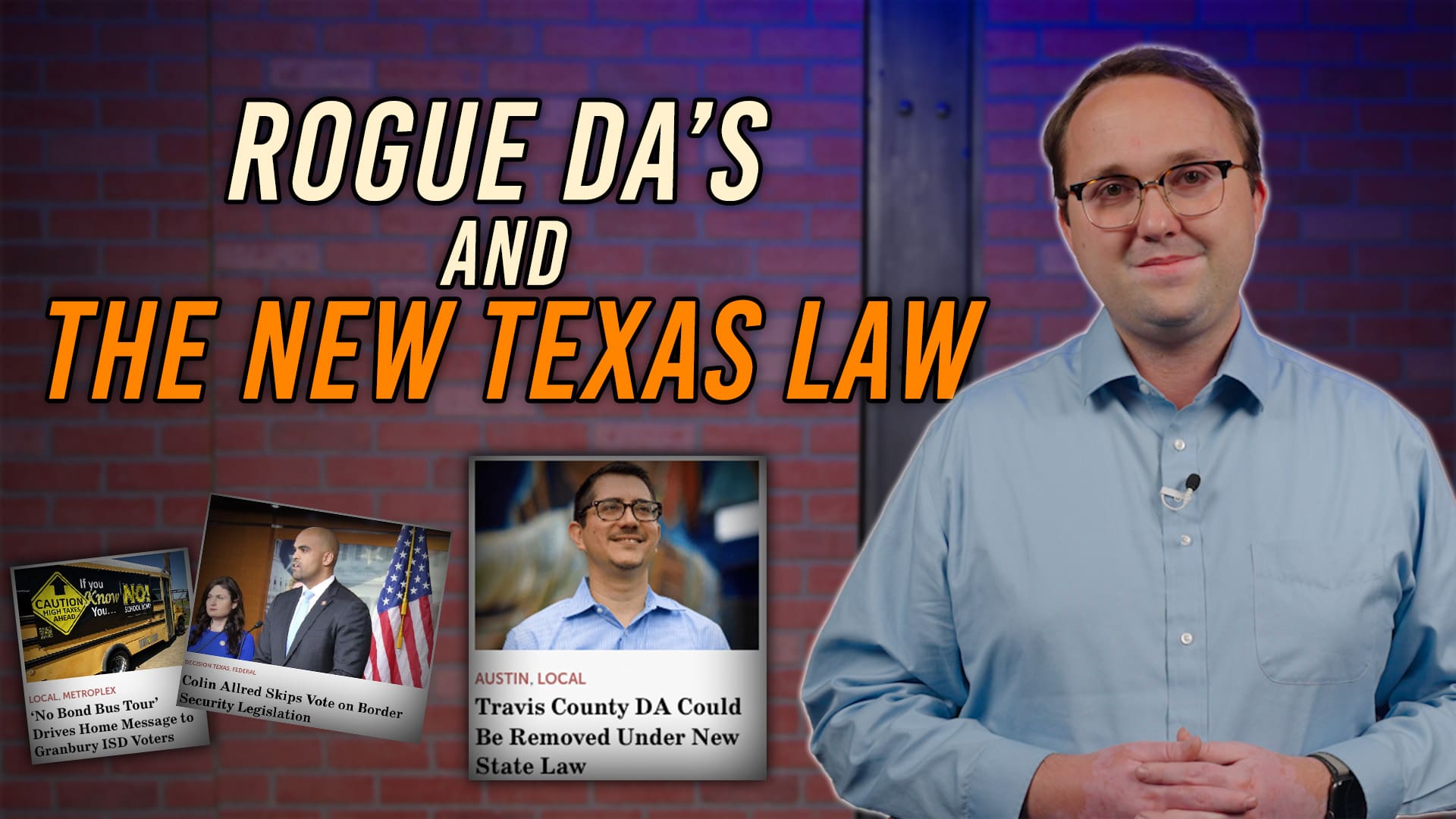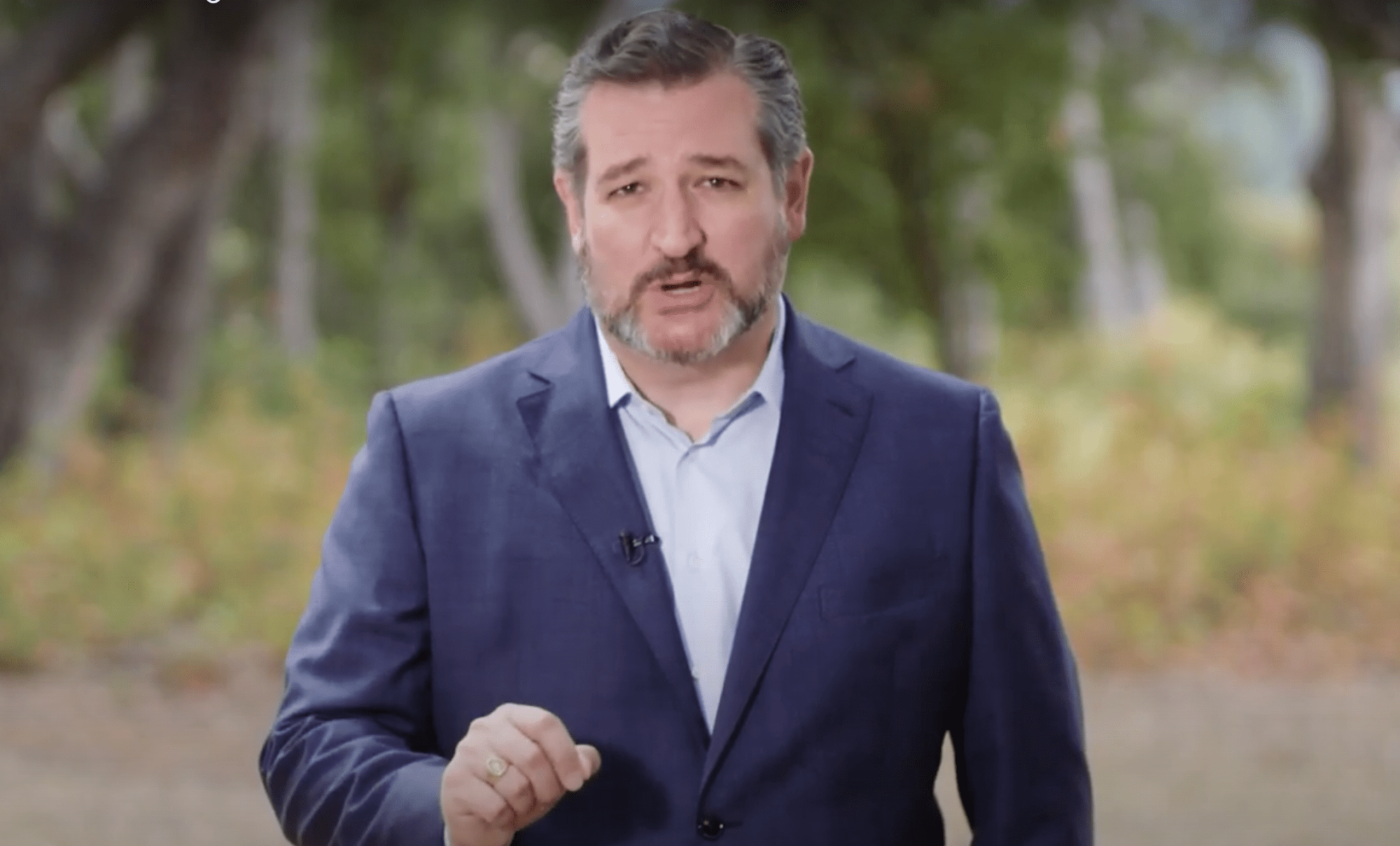UPDATE: On Friday, Mayor Steve Adler announced the meeting idea was cancelled after a majority of council members opted out.
“While we appreciate our colleagues’ interest in discussing these latest ideas, we believe such a meeting and course of action would further undermine public confidence in how we make decisions as a Council,” wrote three council members jointly on the city message board. Several also expressed concern that the last minute, late night meeting would not give the public much participation in such an important decision.
AUSTIN — For most Texans, attending a local government meeting isn’t exactly at the top of their “fun things to do” list for 9:45 p.m. on a Friday, but that’s precisely when the Democrat-run Austin City Council will meet to discuss a city-altering decision.
Late tomorrow night, the council will convene to potentially add a landmark proposal to the May election ballot—another council member district in the city, which means the addition of another council member to the 11-representative assembly.
The decision comes as other propositions on the May ballot could, if passed and/or rejected by voters, create a scenario where the city has an even number of council members—a problematic setup for gridlock, as there could be ties on votes.
The two other propositions in question are to change the city government to a “strong-mayor” system, in which the mayor’s role would shift from council member to be more like that of a president, and a separate request for a new council district.
Depending on how citizens vote, a potential outcome could leave the city with 10 or 12 representatives, which is why—just this week—the council and Mayor Steve Adler suggested meeting on Friday to potentially add another council district request to the ballot.
But why the odd meeting time?
Two laws played a part.
The Texas Open Meetings Act requires local governments to notify the public of a meeting at least 72 hours in advance, making Friday the earliest available time for the meeting, and Texas election law requires the council to finalize the May ballot by midnight on Friday, making it the final available time.
If the council did not add the proposal now, the next earliest opportunity to change the city charter would not be until 2023, according to state law.
Yet the council didn’t have to be in this frantic, last-minute scramble. Even Democrat Councilmember Leslie Pool said their behavior did not involve or serve the public well, especially on such a monumental decision.
“I find it astonishing to call this meeting at the last minute for 10 p.m. on a Friday night,” Pool said. “This just further exacerbates the lack of community participation in crafting revisions to the city’s charter.”
The public will also be making other crucial choices on the May ballot, including whether to reverse the council’s contentious and harmful homeless camping policy.
Texas Scorecard will soon describe the other charter amendment proposals in greater detail.
Election Day is May 1, and concerned citizens can contact the city council—even if it’s late on a Friday night.





